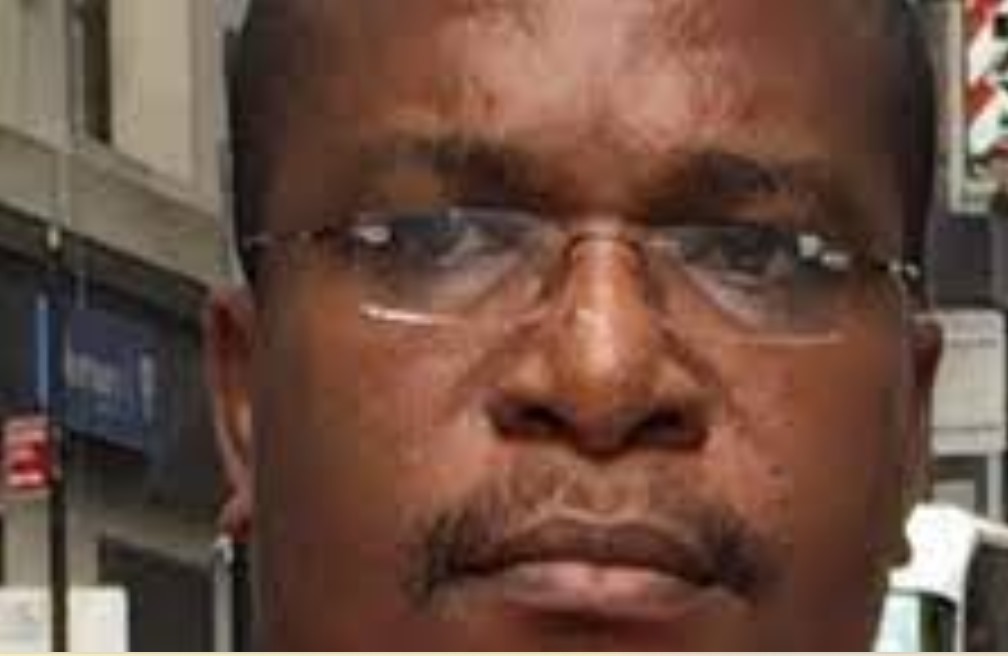
Ogwueleka made this call on Friday, while delivering the University’s 42nd inaugural lecture, theme, “Water and Waste Shaping a Sustainable and Equitable Future.”
Ogwueleka said the Water Act of 1993 cannot address the growing water management challenges, which necessitates the passage of the water resources bill by the National Assembly.
He said that access to clean and safe water was not only essential for human well-being but also a human right.
He added that implementing sustainable water management practices that focused on the efficient use, conservation, and protection of water resources would address the challenges of water scarcity and contribute to sustainable development.
“There is a need to have a second look at the water resources bill. The bill was before the 9th assembly, so the 10th assembly should look at the bill and pass the bill into law.
“The 1993 Water Act is obsolete, so it can’t handle the present challenges of water.
“There is a need to put more funds into water infrastructure and capacity building. There is a need for government and universities in particular to invest in building the capacity of the workers and researchers.
“The universities remain the hub for innovation. The issue of gender mainstreaming also is key, they should consider the issue of gender in waste-water engineering, solid waste engineering and water supply.
“The legal framework and policies should be reviewed and water recognised as human rights, especially of the marginalised group. Hence, the marginalised group should be part of policymaking,” the don said.
Ogwueleka noted that proper management of wastewater was crucial to protect public health and the environment.
He said that this must be done by adopting integrated approaches that encompass wastewater treatment, reuse, and resource recovery.
According to him, we can not only mitigate environmental pollution, but also harness the potential for water conservation, energy generation, and nutrient recycling.
“This holistic approach to wastewater management contributes to sustainable water use and environmental sustainability,” the don.
He added that in striving for sustainable and equitable access to water, wastewater, and solid waste management services, it was crucial to address the needs of marginalised and vulnerable populations.
“The scarcity of water is not only in Nigeria, it is a global phenomenon because when you look at the available freshwater in the whole world, you see that it is only three per cent that is available and 97 per cent is just ocean water.
“And from our three percent, we have between 0.9 percent and one percent that is freshwater. Others are in polar regions or groundwater.
“Water is a finite resource which we must manage well. About 80 percent of global wastewater are being discharged without treatment.
“If you look at Abuja and its environment, people are discharging waste water not only from the factories but also domestically. So there must be a policy framework for water.
“The bill should be approved because once you have taken care of the policies, all other issues will be taken care of because in policy lies the issues of mainstreaming, funding and so many other issues,” Ogwueleka said.
Earlier, the Vice-Chancellor of the University, Prof. Abdul-Rasheed Na’Allah, commended the exceptional contributions of Ogwueleka to knowledge.
According to Na’Allah, the university is not just to produce people with certificates.
“Yes, we need to produce young people who will graduate and move on to do something else but indeed, university is created to make major pathways for development.
“He has constantly been bringing out his contribution in different areas. He is not just presenting papers.
“The lecture actually focuses on waste research. Some people take water for granted but over the years, it has been proven that we have little percentage of drinkable water available in the world.
“And even in this percentage of drinkable water, there are areas in our world where they lack water and they are in difficulty and his point is that water is actually a human right matter.
“So, the idea of having individuals without water is actually abusing their human rights, and we must constantly look at the best way to make drinkable water possible,” the vice-chancellor said.
NAN












